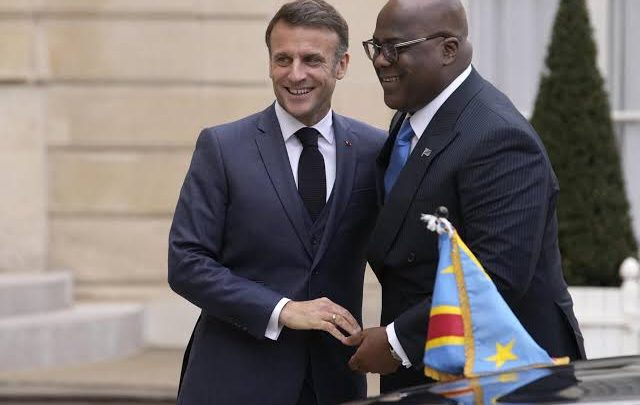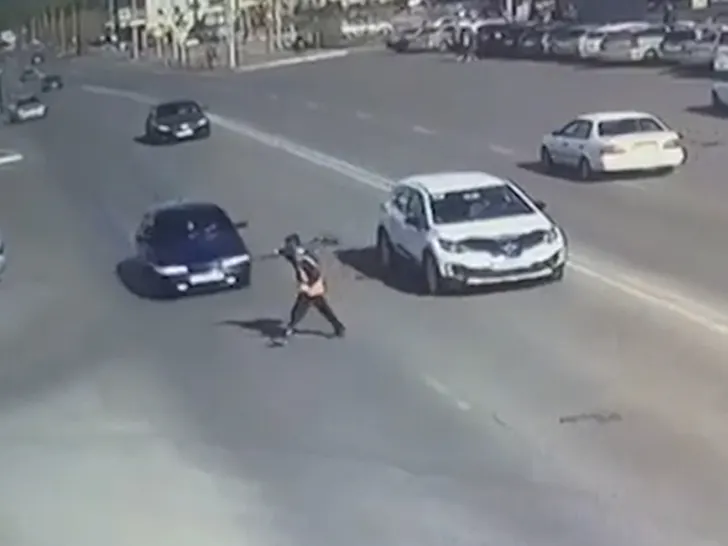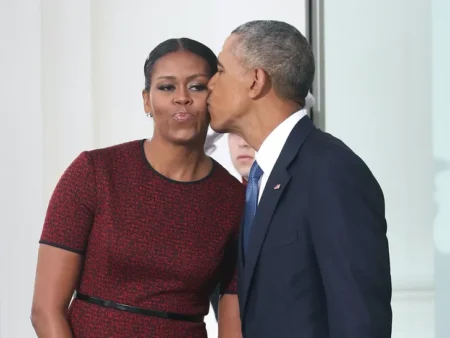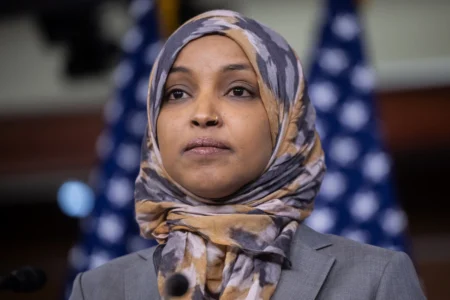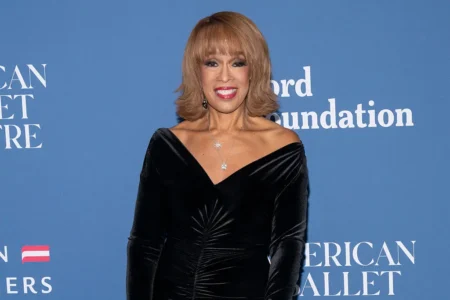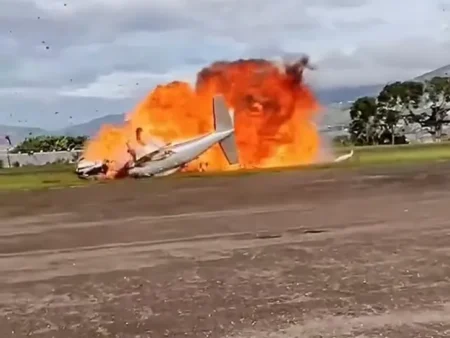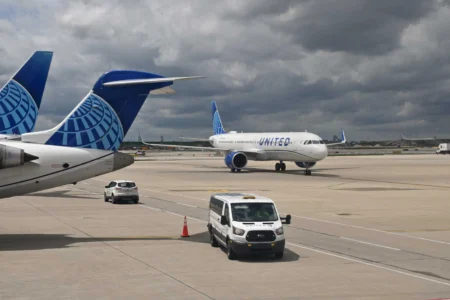M23 Rebels Retreat from Bukavu Following Macron’s Ceasefire Call to Tshisekedi
BUKAVU, DRC – In a dramatic turn of events, the M23 rebel group withdrew from Bukavu on Saturday evening, just hours after French President Emmanuel Macron called Democratic Republic of Congo (DRC) President Félix Tshisekedi, urging an immediate ceasefire and the full retreat of rebel forces from South Kivu.
The sudden withdrawal came after Macron described the situation in South Kivu as “very worrying” and emphasized the need for urgent measures to stabilize the region and restore civilian governance. The move highlights the growing influence of international diplomacy in the ongoing conflict in eastern DRC, as well as mounting pressure on Rwanda, which has been accused of backing the M23 rebels.
Macron’s Diplomatic Push for Peace
In his call with President Tshisekedi, Macron outlined key demands aimed at de-escalating the crisis. These included an immediate ceasefire, the withdrawal of M23 forces from Bukavu, and the return of civil and military authorities to the city.
“I spoke with President Tshisekedi about the very worrying situation in South Kivu. We expressed our agreement on the following points,” Macron stated. “We call for an immediate ceasefire which must be respected by all parties. The M23 must immediately withdraw from Bukavu.”
Macron also stressed the importance of securing Kavumu Airport, a critical military and civilian airstrip north of Bukavu. He called for the airport to be returned to Congolese control to allow the resumption of humanitarian and civilian flights.
“Security guarantees must be given to allow the immediate return of civil and military authorities to Bukavu. The M23 must withdraw from Kavumu Airport and allow unhindered civilian and humanitarian flights,” Macron added.
International Pressure on Rwanda
A significant aspect of Macron’s statement was his direct appeal to Rwanda to support these emergency measures. This reflects growing international scrutiny of Kigali’s alleged role in supporting the M23 rebels, a claim Rwanda has consistently denied.
“I call on Rwanda to support the implementation of these emergency measures,” Macron said, signaling a clear message to Kigali amid increasing Western pressure.
The French president’s intervention underscores the international community’s concern over the escalating conflict in eastern DRC, which has displaced thousands and exacerbated humanitarian crises in the region.
M23’s Sudden Withdrawal
The M23 rebels, who captured Bukavu in a lightning offensive on Friday, began their withdrawal just 24 hours after Macron’s call. Their rapid retreat suggests that international diplomatic pressure played a pivotal role in their decision to pull back.
When the rebels entered Bukavu, they faced little resistance, forcing the Congolese Armed Forces (FARDC) and Burundian troops to retreat. Civil and military officials fled the city, leaving it under rebel control. However, the swift withdrawal on Saturday allowed FARDC forces to re-enter Bukavu and attempt to reassert government control.
Images broadcast from the city show Congolese troops patrolling key areas as residents cautiously return to the streets. Despite the withdrawal, it remains unclear whether M23 has fully vacated Kavumu Airport, a strategic location that Macron explicitly demanded be returned to Congolese control.
The Humanitarian Crisis in Eastern DRC
The conflict in eastern DRC has had devastating humanitarian consequences, with thousands of civilians displaced and critical infrastructure damaged. The capture of Bukavu by M23 rebels further exacerbated the crisis, cutting off access to essential services and humanitarian aid.
Macron’s emphasis on allowing unhindered humanitarian flights highlights the urgent need to address the suffering of civilians caught in the crossfire. The return of government control to Bukavu and Kavumu Airport is seen as a crucial step toward restoring stability and facilitating the delivery of aid.
Rwanda’s Alleged Role in the Conflict
Rwanda’s alleged support for the M23 rebels has been a contentious issue in the region. The DRC government and several international observers have accused Kigali of providing military and logistical support to the rebel group, a claim Rwanda vehemently denies.
Macron’s call for Rwanda to support de-escalation efforts reflects the international community’s growing impatience with Kigali’s perceived involvement in the conflict. As pressure mounts, Rwanda faces increasing scrutiny from Western nations, which could have significant implications for its diplomatic relations and regional standing.
The Road Ahead
While the withdrawal of M23 rebels from Bukavu marks a significant development, the situation in eastern DRC remains fragile. The conflict has deep-rooted causes, including ethnic tensions, competition over natural resources, and longstanding grievances between neighboring countries.
For lasting peace to be achieved, a comprehensive approach is needed, involving not only military and diplomatic efforts but also addressing the underlying issues fueling the conflict. The international community, including regional organizations like the African Union and the United Nations, must play a proactive role in facilitating dialogue and supporting peacebuilding initiatives.
Conclusion
The withdrawal of M23 rebels from Bukavu following Macron’s intervention is a testament to the power of international diplomacy in resolving conflicts. However, the situation in eastern DRC remains precarious, with humanitarian needs and political tensions requiring urgent attention.
As the Congolese government works to restore stability and the international community continues to exert pressure on Rwanda, the focus must remain on achieving a sustainable peace that addresses the root causes of the conflict. For the people of eastern DRC, the hope is that this latest development marks the beginning of a path toward lasting security and prosperity.




